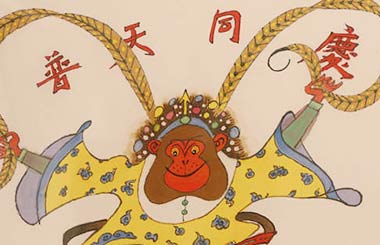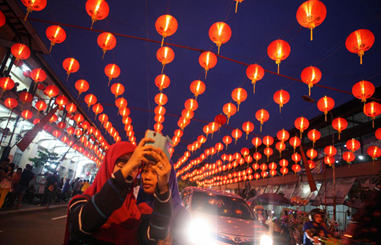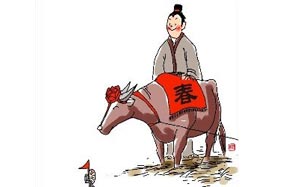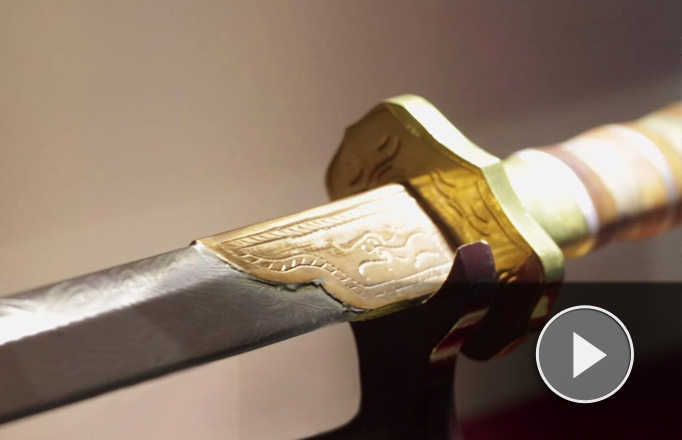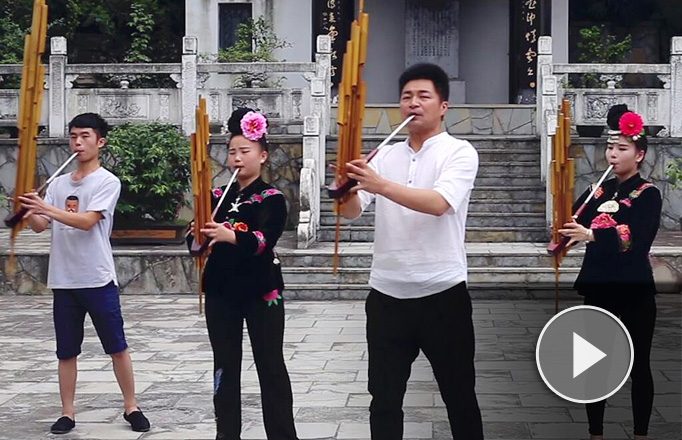Dodging the abyss
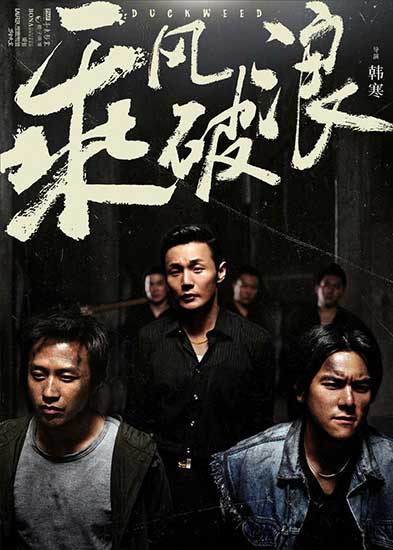 |
|
(From left) Deng Chao, Li Ronghao and Eddie Peng will be among the actors in the film.[Photo provided to China Daily] |
Duckweed is a father-and-son story. The son is a star race-car driver, like Han himself, but his career choice is not approved by his father. In a post-crash delirium, he travels back 20 years to the time when his father is a wannabe gangster boss who has watched too many movies about Hong Kong mafia and is seriously out of touch with reality.
When the son comes into the picture, he becomes a trusted buddy of the father, who has no clue that the new member of his four-person gang hails from the future. As a matter of fact, much of the humor derives from the foreknowledge of the son - and by extension, the audience. When they debate about the future value of disc players and houses, one cannot help but laugh knowingly.
The son, who does not remember his mother because she died from post-partum depression, is eager to meet her and also to play the matchmaker, similar to the Michael J. Fox character in Back to the Future. Possibly to forestall accusations of plagiarism, Han, who wrote the script, acknowledges his inspiration to this and other time-travel movies like the Terminator series.The most hilarious scene comes from the moment when the son finds out the identity of the mother, and much of the pathos derives from his knowledge of what will come to her down the road and his inability to change the course of history.
Duckweed is more plot-driven than Continent. Han admits that he wants to be "more commercial". He has always viewed his first film as "art-house" even though it amassed a box-office figure worthy of a blockbuster. The same "fate" has befallen his novels, some of which are "belles-lettres". The Ideal City, published in 2006, is made up of several dream sequences tied around a thin plot, and "it should not have sold more than 10,000 copies", yet his massive fan base propelled it to a best-seller.
However, its popularity has inadvertently driven away serious critics who became suspicious of its literary value.
It seems many people have difficulty grappling with the widely diverging facets of one person. Han was even branded by a popular science writer as the product of his father ghost-writing for him. He fought the accusation vehemently, which turned out to not be a good strategy because it did not fit his cool persona.
Now that he is 34, with half of his life in the limelight, he seems unperturbed by the rough winds of fame. He still prides himself as a small-town child, saying Chinese small towns present the most vivid slice of life in Chinese society. Duckweed is set in such a place and it was shot in Tinglin, his hometown, and three other similar towns in the Shanghai suburb.
While other young writers gravitate toward the bright lights and big city, Han has a special affection for Tinglin, even naming his film company after it.
"I respect all feedback. Even vicious attacks don't upset me. This kind of experience has opened up more possibilities for me because it has made me easier to understand others," Han says. "If Duckweed is more successful, the pressure on me will also increase. As one goes toward more glory, it may also be the first step toward the abyss."







